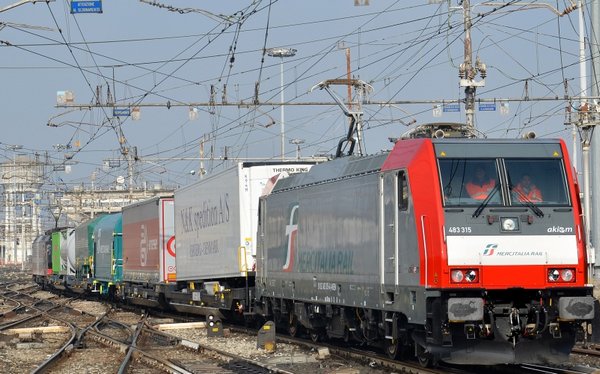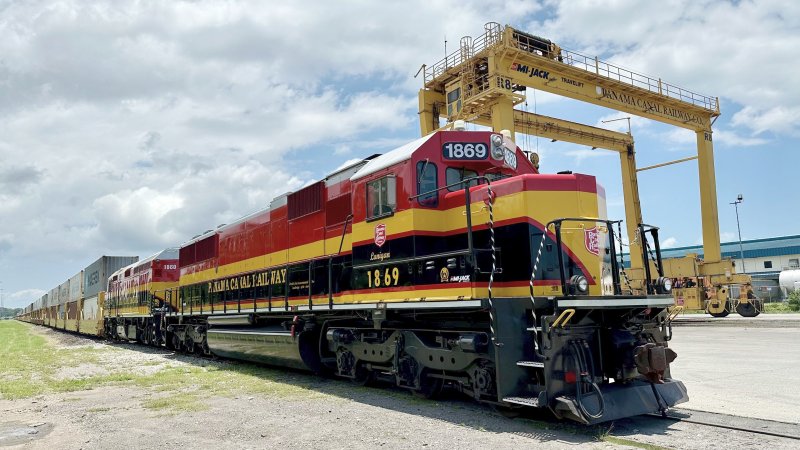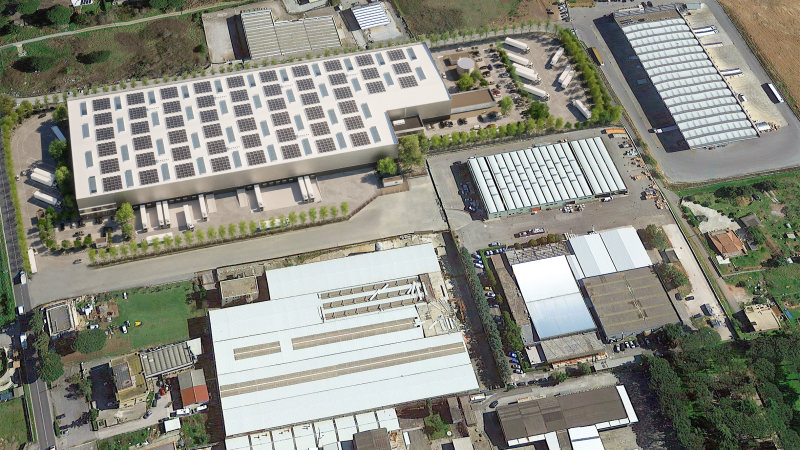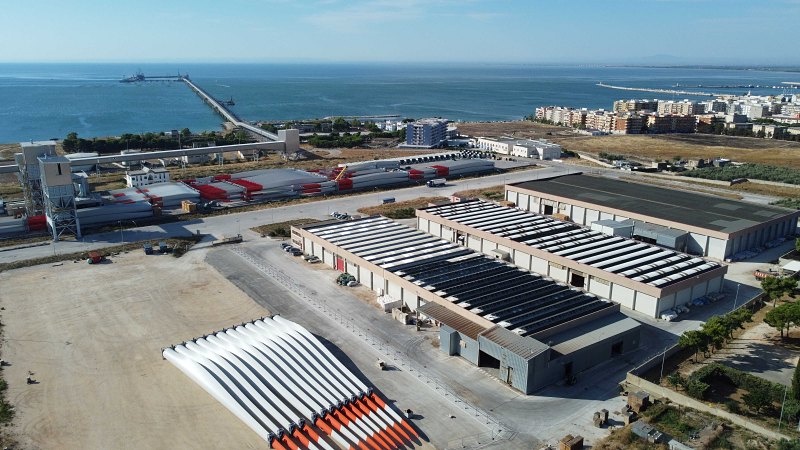Germany is turning to Mongolian drivers as part of its strategy to combat the shortage of industrial vehicle drivers. This initiative stems from a pilot project led by Bundesanstalt für Straßenwesen (Bast) in collaboration with the Bildungswerk Verkehrsgewerbe Niedersachsen (Bvn), which compared the qualification systems for lorry and bus drivers in Germany and Mongolia. The results were presented in Hanover during an event titled "The Mongolia Model: Innovative Approaches for Workforce Acquisition."
During the pilot project, two Mongolian representatives participated in a six-week training programme at the Bvn in Hanover. These representatives will later act as multipliers in Mongolia, with the aim of incorporating the knowledge gained into local training and certification schemes. In the future, Mongolian drivers thus trained will be able to quickly obtain a basic qualification in Germany, allowing them to enter the German job market as professional drivers.
The project also supports the Federal Ministry for Digital and Transport (Bmdv) in laying the legal groundwork for recognising driver qualifications from third countries, as well as lorry and bus driving licences. Bettina Lauer, head of communications at Bmdv, emphasised that this project is one of the first initiatives undertaken by the Bmdv's "Road Transport" Commission, established by Federal Minister Volker Wissing to support the transport sector. In March 2024, Minister Wissing visited Ulaanbaatar, accompanied by an economic delegation, to deepen cooperation with Mongolia.
The project has received praise from the Mongolian ambassador to Germany, Birvaa Mandakhbileg, who highlighted the long-standing tradition of cooperation between the two countries. According to Mandakhbileg, thanks to the outcomes achieved, access for Mongolian drivers to the German job market will be significantly facilitated. Ingo Koßmann, head of the "Traffic Behaviour and Safety" department at Bast, reiterated that the project's results will not only help address the shortage of personnel in Germany but will also make a significant contribution to improving road safety in Mongolia.
The comparative analysis of the two driver qualification systems revealed that the training content and knowledge areas in Mongolia and Germany are almost identical, aiming for similar standards. Mongolia has joined key international transport agreements and signed a bilateral agreement with Germany in February 2024 for the transport of people and goods by road. This agreement promotes cooperation and facilitates the exchange of skilled labour.
Bundesanstalt für Straßenwesen is a research and technical advisory agency operating under the Federal Ministry for Digital and Transport. Bast develops and evaluates measures to improve road safety, optimise traffic infrastructure, and ensure the environmental compatibility of road transport. The Bildungswerk Verkehrsgewerbe Niedersachsen is a professional training organisation based in Hanover, specialising in the transport sector. Founded in 1974, Bvn offers training and retraining courses for bus drivers, taxi drivers, and freight transport operators.




































































